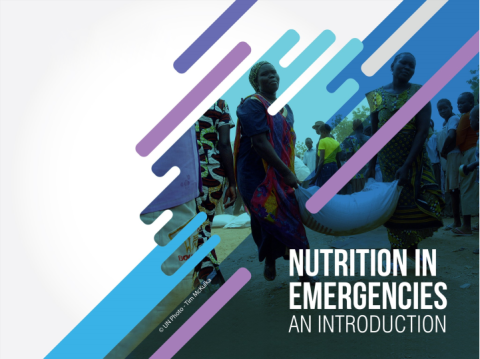
Nutrition in Emergencies – An Introduction
This e-learning course is an introduction to nutrition issues in emergencies, their causes, consequences, assessment and World Health Organization’s (WHO) response. Indeed, there are a number of nutritional risks and needs that arise during and as a result of emergencies. In these circumstances, different types of malnutrition can develop in the population. To assess the nutritional status of populations in emergencies, different assessment and surveillance methods are used, which help determine the type of response and intervention required to minimize nutritional consequences.
On the basis of this, WHO, in partnership with the United Nations Institute for Training and Research (UNITAR), developed the 3-hour e-learning course Nutrition in Emergencies – An Introduction.
By the end of this course, participants will be able to:
- Understand different humanitarian contexts, their causes and consequences.
- Understand nutrition issues in the context of emergencies.
- Describe the different forms of malnutrition and those of particular concern in emergencies.
- Understand different methods to assess nutrition in emergencies.
- Differentiate nutrition interventions in emergencies.
- Describe funding mechanisms for emergency response.
- Describe WHO’s health response in emergencies and how to incorporate nutrition.
Self-paced e-learning course.

